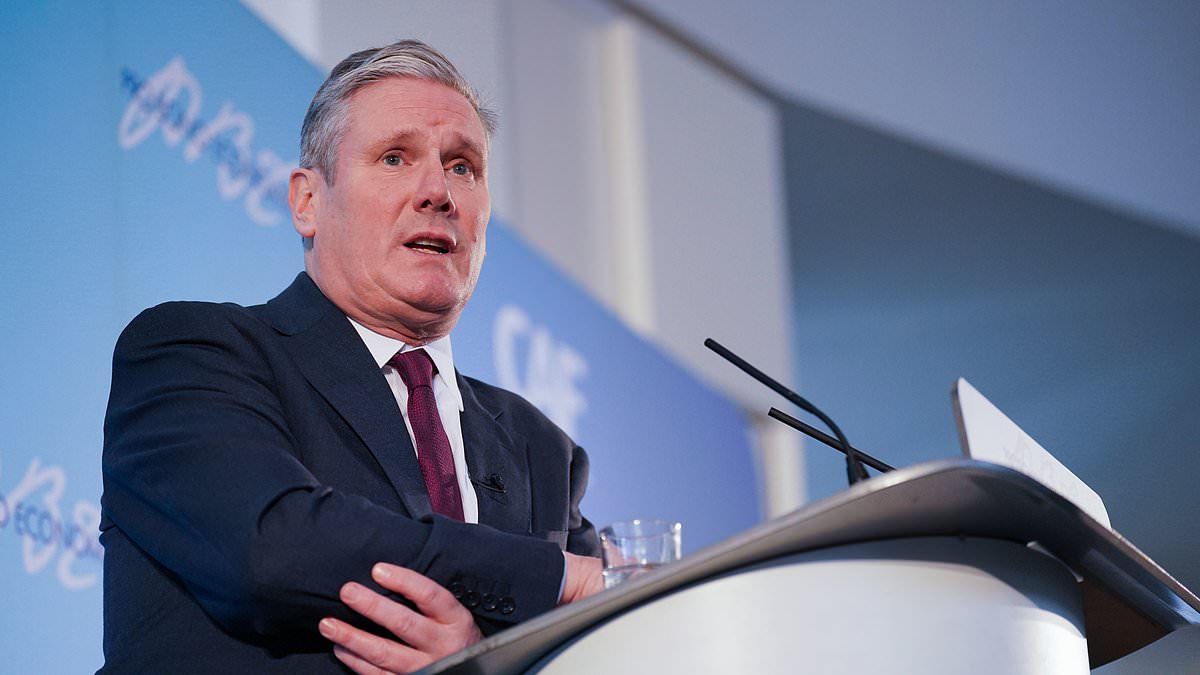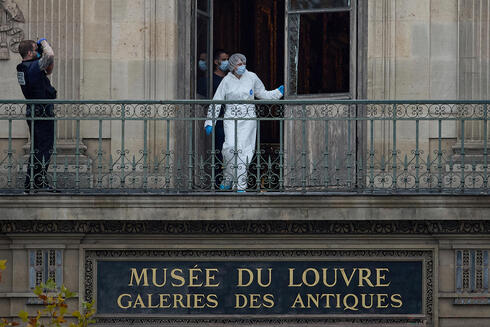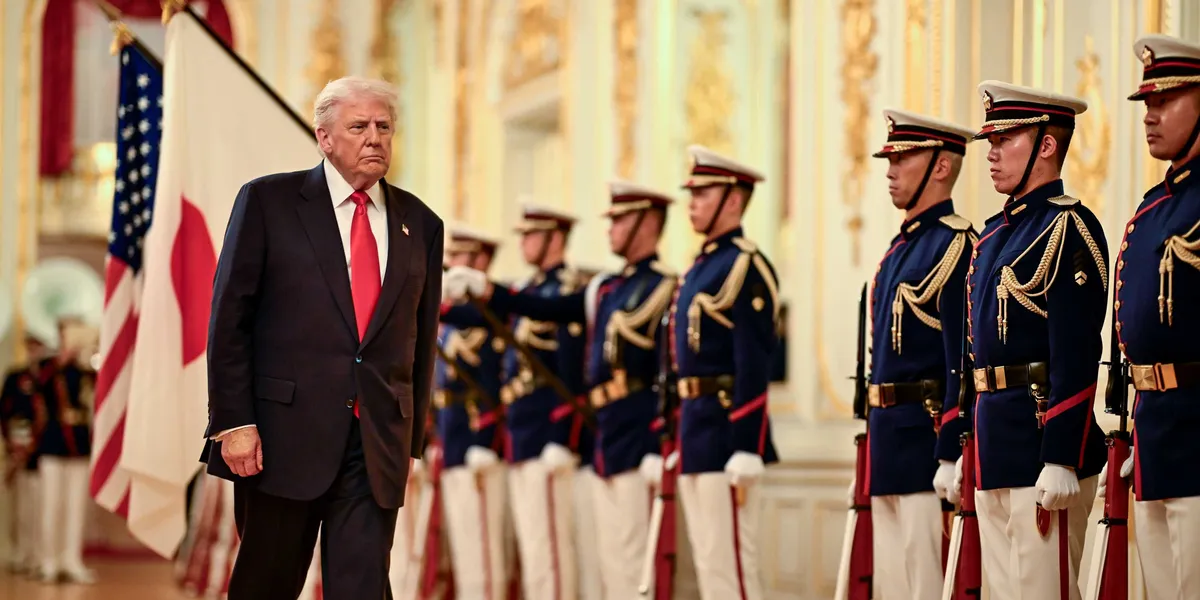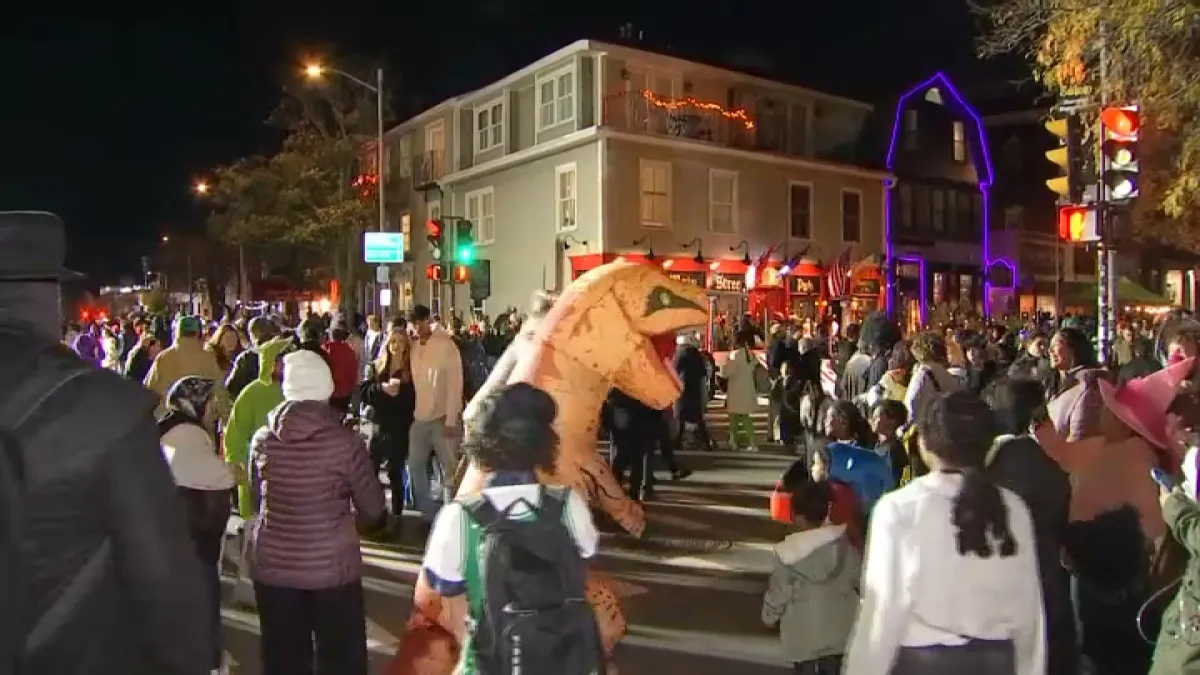Copyright dailymail

National pride has plummeted and society is more divided than ever in Keir Starmer's Britain, a major study has found. In findings which will send alarm bells ringing in Downing Street, eight in ten said they felt the nation was divided - up five per centage points from two years ago and ten points from 2020. And half of the public said Britain's 'culture' was changing too fast, up from a third. Worryingly for the Prime Minister, Reform UK voters - many in Labour's traditional heartlands - were most worried about the cultural state of the nation, suggesting Nigel Farage's party stand to make big gains in future elections. Researchers at King's College London and pollsters Ipsos, who have been tracking UK cultural trends annually since 2020, branded their latest set of findings 'frightening' and said they laid bare an increasingly divided, polarised and downbeat society. They also highlight how much of the public thinks Labour has failed to get to grips with several of their key priorities - and has potentially even fanned the flames of division with its wavering stance on issues like trans rights and Net Zero. Lord Young of Acton, boss of the Free Speech Union, said: 'This is the effect of Labour's divisive identity politics. 'Sir Keir Starmer and his ministers have been pandering to minorities who claim to be the victims of intersectional oppression, prioritising their rights and needs over those of ordinary Britons. 'Labour politicians justify this two-tier approach by claiming it promotes community cohesion, but in reality it creates social division, as this poll makes clear.' Reform UK MP Lee Anderson said: 'Of course national pride has fallen. The education system is corrupting our youth, leadership has been weak for decades and millions can no longer afford a home of their own. 'For patriotism to flourish, Britons need strong leadership and the confidence that their government is working for them, not against them.' Sir John Hayes, chair of the Tory common sense group of MPs, said: 'Keir came in with no clear defining purpose. 'So people are feeling at sea because they think the government doesn't know which way it wants to take the country in. 'The absence of a plan from government doesn't build popular confidence. 'Ideological multi-culturalism basically said to people you can live how you like, do what you like, you don't need to mingle, you can be introspective, and then we're surprised that we've got a fragmented society. 'We have to deconstruct that and have more people buying into British values and a shared sense of Britishness.' In a sign that many think immigration remains too high under Labour, half of the public said Britain's 'culture' was changing too fast - up from 35 per cent in 2020. And 48 per cent said they would like the country to 'be the way it used to be', up from 28 per cent. Strikingly, nostalgia for Britain's past rose in every single age-group, even among 16 to 24-year-olds. Nearly a third of this age group wanted the country to return to how it 'used to be', up from 16 per cent in 2020. The next biggest jump was in people aged over 55, which soared from 34 per cent to 62 per cent. National pride across all age groups also plummeted, with less than half (46 per cent) saying they were 'proud' of their country - down ten points from 2020. The most prominent drop was among 16 to 24-year-olds (47 per cent to 29 per cent), followed by 35 to 54-year-olds (54 per cent to 43 per cent). Across all age groups, 86 per cent said they believed there were greater tensions today between immigrants and people born in the UK, up from 74 per cent two years ago. Nearly seven in ten who took part in the study cited 'culture wars' issues as being central to widespread divisions, up from less than half (46 per cent) in 2020. Most of this increase happened over the last two years, with Labour having been in power for most of this. Overall, six in ten (64 per cent) said they agreed this was a 'serious problem' for UK society and politicians, up from 44 per cent five years ago. The trans rights debate was cited as another major source of tensions. Amid high-profile interventions from gender-critical campaigners such as JK Rowling, the proportion who said trans rights had gone too far more than doubled since 2020, from 17 per cent to 39 per cent. In a sign of how polarised the debate remains, a fifth of people said trans rights had not gone far enough, although this was down from 31 per cent five years ago. In the wake of the Supreme Court ruling that gender is based on biology rather than what people self-identify as, the number of women who said trans rights had gone too far jumped from 14 per cent to 35 per cent. For men it soared from 21 per cent to 44 per cent. In a sign of deep divisions over the Net Zero debate, more than six in ten (64 per cent) reported feeling differences between climate sceptics and believers. In better news, people said they believed that Brexit wounds were healing. While more than half (52 per cent) still thought there were divisions between Leavers and Remainers, this was down from 78 per cent five years ago. The study also looked at public attitudes according to how they plan to vote in future elections. Among those most concerned about the pace of change were Reform voters, highlighting the massive vote pool Nigel Farage's insurgent party looks set to tap into. Nearly six in ten of the party's supporters said the UK was 'very' divided - almost double the share of Conservative (33 per cent) and Labour (31 per cent) supporters. Eight in 10 (83 per cent ) said they think the UK has been divided by culture wars, compared with around six or seven in 10 supporters of other parties. And staggeringly, nearly nine in ten (88 per cent) of those planning to vote Reform said the pace of cultural change was too fast. The study also found slight differences according to people's heritage. While 86 per cent of white people reported feeling that the nation was divided, just 72 per cent of those belonging to ethnic minorities did. The proportion of white people who reported feeling that the UK's culture had changed too fast jumped from 35 per cent to 52 per cent, while among ethnic minorities it rose from just 32 per cent to 35 per cent. Respondents were still relatively divided on Britain's colonial past. While 34 per cent said the British empire was something to be proud of, 23 per cent said they were ashamed of it and 36 per cent said they were neither – virtually unchanged from attitudes five years ago. Elsewhere, almost half (48 per cent) of the public said they consider being described as 'woke' as being an insult, rather than a compliment - up from under a quarter (24 per cent) in 2020. Woke is defined by the Cambridge dictionary as being 'aware, especially of social problems such as racism and inequality'. Professor Bobby Duffy, Director of the Policy Institute at King's College London, said: 'This latest study shows a frightening increase in the sense of national division and decline in the UK in just a few years. 'We've seen steep rises in the beliefs that the UK is divided, that 'culture wars' are real and that things were better in the past.' He added: 'We now have incredibly different perspectives between different groups in the country, across party lines and by age group.' Gideon Skinner, Senior Director of UK Politics at Ipsos, said: 'Perceptions of political and cultural disharmony are growing, reflecting a society grappling with nostalgia, the pace of change.' He said that Reform UK had become the new 'home for those concerned about the pace of change', adding: 'The challenge is to understand the roots of these divisions and use these insights to create dialogue and policy that can help reduce further polarisation.' Ipsos surveyed 4,027 people aged 16 and over in August for the study.



